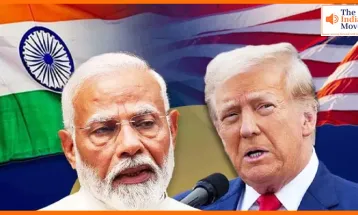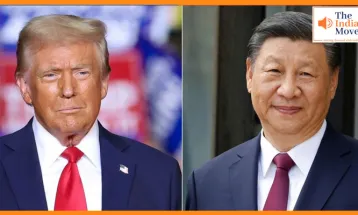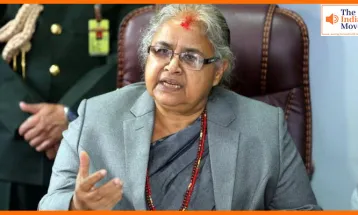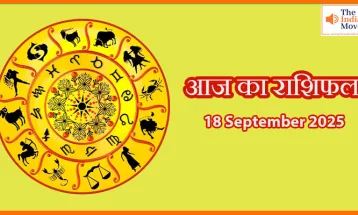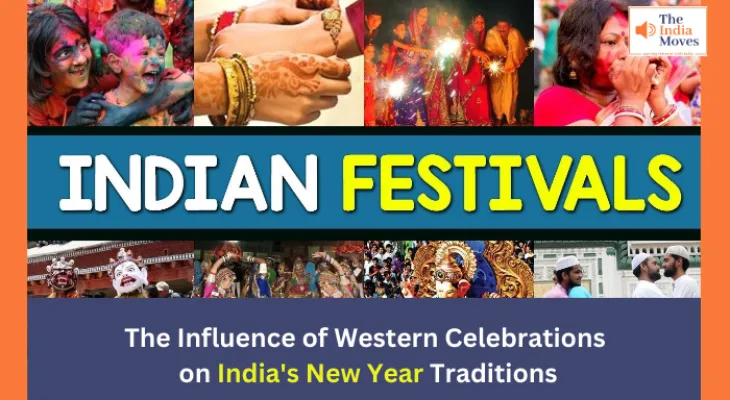
The Influence of Western Celebrations on India's New Year Traditions
-
 Renuka
Renuka
- December 25, 2024
India is rich in divine culture and celebrate numerous festivals with a lot of enthusiasm and energy. But in present time Indian's are shifting their interest towards modernity, As you know The New Year is on the way; excitement is high, with hopes and enjoyment. Expectations are always there with the arrival of every new year, but it will only be fruitful for those who eagerly want change and growth in their life with full consistency and discipline. But the thing is that why we only celebrate and follow New Year on the 1st of January, not on the traditional dates of different communities, is due to the advent of technology and global integration or influence.
Integration of new culture and traditional values.
Countries have witnessed change and growth in their society; new cultures are even intermixed with each other; experienced varieties of values and norms have been followed by citizens. that one side showed the positive but even had a negative impact that shaped future perspective. Let's delve into its context.
In India, this practice became prevalent during British colonial rule, aligning the country with global conventions. However, India's rich cultural tapestry includes numerous traditional New Year celebrations, each with its own significance and timing, for example:
- Gudi Padwa: Celebrate in March-April, marking the beginning of the Hindu lunisolar calendar. mainly celebrated in the region like Telangana, Andhra Pradesh, Maharashtra, etc.
- Baisakhi: Observed in Punjab around April 13th and 14th, it signifies the harvest season and Punjabi New Year.
- Onam: It is the 10-day Hindu festival that celebrates the Malyali New Year. It's celebrated in the southern Indian state of Kerala.
Why citizens have shifted from their cultural reality?
From many decades this adoption has been seen, and even nowadays, where citizens are highly modernized and influenced by trends and social media, they do not know about the meaning and relevance of traditional New Year celebrations. In India they give priority to the 1st of January, rather celebrating it on the 1st of April when our budget is introduced and the academic session also starts. In western countries like the U.S.A., U.K., France, Italy, Germany, Canada, and Australia, or even in many countries where they follow every aspect from financial to academic calendars, they are all introduced on the 1st of January. That shows their power of influence on Asian and African nations. where they adopt anything followed by those western nations; act like a reference to these countries. our mentality is ruled by them, their activity.
Citizen's mindset about New Year
When we hear words like New Year, what we all think of is parties, enjoyments, tours, trips, and so on. This is the impact of their showcase of wealth and class, which can lead to the mental erosion that can increase greed, envy, anger, unfulfillment, and so on, and the traditional knowledge of festival celebration also remains uncovered; it can only be understandable if practiced. Though it is celebrated by rural society, urban areas are deprived of it. that shows the condition of our heritage, giving equal importance to every norms is must it indicates the health of our society, although, India do follow every culture and trends with full enjoyment but lack to mobilise its own every citizens not to leave behind their own heritage.
Conclusion
In conclusion, while the global celebration of New Year on January 1st brings people together and fosters a sense of unity, it is equally important to cherish and preserve traditional New Year celebrations. By finding a balance between the two, we can enjoy and give significance to both worlds.
महत्वपूर्ण खबर
Categories
- देश (2154)
- अपराध (150)
- मनोरंजन (352)
- शहर और राज्य (339)
- दुनिया (882)
- खेल (389)
- धर्म - कर्म (655)
- व्यवसाय (184)
- राजनीति (568)
- हेल्थ (189)
- महिला जगत (56)
- राजस्थान (504)
- हरियाणा (62)
- मध्य प्रदेश (61)
- उत्तर प्रदेश (232)
- दिल्ली (265)
- महाराष्ट्र (177)
- बिहार (199)
- टेक्नोलॉजी (191)
- न्यूज़ (82)
- मौसम (110)
- शिक्षा (116)
- नुस्खे (84)
- राशिफल (384)
- वीडियो (1052)
- पंजाब (37)
- ट्रैवल (19)
- अन्य (57)
- जम्मू कश्मीर (86)
- उत्तराखंड (15)
- तेलंगाना (1)
- छत्तीसगढ (7)
- गुजरात (8)
- हिमाचल प्रदेश (1)
- पश्चिम बंगाल (9)
- असम (1)
- केरल (1)
- झारखंड (2)
- ओडिशा (0)
- त्योहार (19)
Vote / Poll
क्या राजस्थान मे बेरोजगारी का मुद्दा खत्म हो चुका है ..
